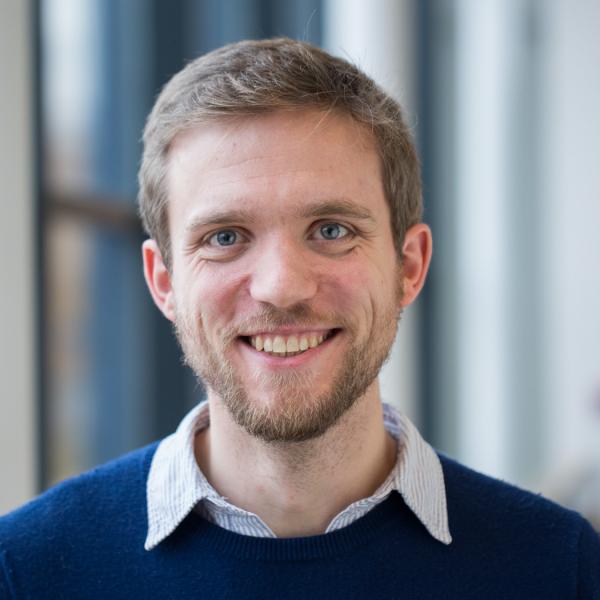LATF Life at the Frontier
is a ÂŁ1.2m research project, launched to investigate how the social integration of migrants in the UK, Norway and Sweden can be improved through social mobility. Over the past fifty years, there has been a significant rise in human migration across the world. This has had major economic, socio-political and cultural impacts and brought important opportunities and challenges in terms of integration and settlement, access to labour markets, health services, housing and education.
Successful integration for migrants entails migrants being able to achieve “outcomes within employment, housing, education, health etc. which are equivalent to those achieved within the wider host communities” (UK Home Office report, 2004).
Such outcomes are vital because they offer migrants and minority/marginalised groups the opportunity and freedom to advance in the labour and housing markets, and acquire the resources and opportunities needed to connect with wider society.
One of the big challenges facing countries seeking to improve integration is that education and employment outcomes are related to where people live. Segregation and sharp spatial divisions at the boundaries between neighbourhoods could have important impacts on life outcomes but has received relatively little research attention. Such boundaries and divisions could have important implications for social mobility and integration, particularly when they take the form of social frontiers.
Life at the Frontier
The aim of this project is to understand the role of residential segregation, particularly social frontiers, in determining the social mobility and integration of migrants and other groups. Social frontiers arise when neighbouring communities are very different in terms of their cultural, ethnic and/or social make-up, and when the spatial transition in these characteristics is abrupt, rather than gradual.
Recent research finds that social frontiers are associated with higher levels of anxiety, depression and crime. Our concern is that social frontiers also impede education and employment outcomes, leading to lower social mobility.
Drivers of Social Mobility
Upward social mobility occurs when people have the opportunity to progress in the labour market and improve their quality of life. It is essential that migrants have this opportunity if they are to become integrated in society.
Without social mobility, migrants will become marginalised and disadvantaged, confined low-priced areas with poor quality housing and amenities, leading to entrenched inequality and social division.
Our pioneering study will investigate the drivers of social mobility among migrants, and examine the impact of social frontiers using a combination of detailed qualitative research and pioneering quantitative methods. ​​​​The project brings together a world-leading multidisciplinary research team spanning the UK, Norway, and Sweden. Working across multiple contexts creates opportunities to learn from best practice and experiences in each nation.
The research team will also closely collaborate with a range of stakeholders at the local and national level. This engagement will maximise the relevance and accessibility of our research for public discourse and policy development.
The LATF consortium comprises six university partners from the Norway, Sweden and the UK.
- Project Key Facts
-
Title: Life at the frontier: The impact of social frontiers on the social mobility and integration of migrants
Start: 1 June 2020
Duration: 36 months
Website:
- Project Partners
-
- Prof. Liv Osland, Western Norway University of Applied Sciences, Norway.
- Prof. Urban Lindgren, Umea University, Sweden.
- Prof. David Manley, University of Bristol, UK.
- Dr. Nema Dean, University of Glasgow.
- Dr. Inge Thorsen, Western Norway University of Applied Sciences, Norway.
- Dr. Arnstein Gjestland, Western Norway University of Applied Sciences, Norway.
- Further Information
-
Follow us on Twitter for updates:
See our website for project news, publications, data and other resources:
Contact Professor Gwilym Pryce (pryce@sheffield.ac.uk) for more information about the project and to be added to the mailing list.
The LATF project has received ÂŁ1 million funding from Nordforsk and the ESRC, as part of the Joint Nordic-UK Research Programme on Migration and Integration. 91Ö±˛Ą received ÂŁ405,000 funding for their role in the research.






